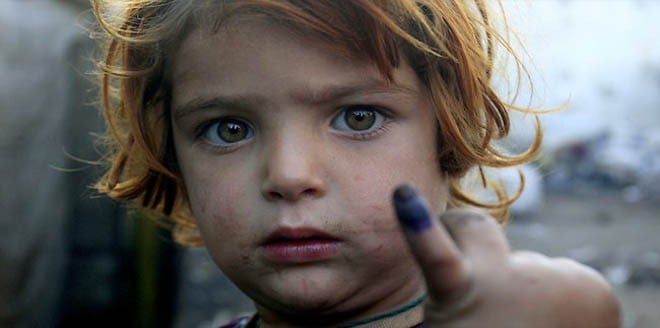
The rapid spread has worried international health experts and has prompted doubts about the country’s ability to combat this or future disease outbreaks

I still recall the jingles about polio drops that used to play on the national television when I was growing up in the early 90s. It was during Benazir Bhutto’s period that country-wide polio vaccination campaigns began; Aseefa Bhutto being the first Pakistani child receiving the vaccine.
I was excited when the polio team first came to my house to give me and my cousins polio drops. I could now proudly tell all my friends in kindergarten that I, too, got my ‘polio kai qatray’. As a five year old at that time, receiving my vaccination felt like I fulfilled some kind of a national duty. After all, the Prime Minister used to come on the TV and tell us to do it.
Fast forwarding to a couple of decades later, we see that the world is on the cusp of eradicating polio forever. While this may be good news, the bad news is that we are one of the three countries in the world still harbouring this disease. What makes it even worse is that out of these three countries, we are the world’s biggest exporter of polio.
Nigeria and Afghanistan are the other two countries where polio remains endemic. Nigeria has six cases so far and Afghanistan has 10 cases, whereas Pakistan has broken it’s own record since 2000, and the case count has reached 202.
Our efforts to control the disease are futile and ineffective. Polio teams are attacked and, sadly, even in this day and age, parents give into rumors about the vaccine containing haram ingredients or that the vaccine will make their children sterile.
Once again, we have put ourselves in a position where the international community looks at us with a spec of skepticism. After smallpox, polio is the second disease that can be eradicated from the world. Pakistan is proving to be a major hurdle in the global eradication efforts of this disease.
The grim reality is that we have reached our highest transmission rate in more than a dozen years only last weekend. The rapid spread has worried international health experts and has prompted doubts about the country’s ability to combat this or future disease outbreaks.
India, our next-door neighbour, celebrated its third year of being polio-free this year. In 2009, there were more than 700 annual polio cases in India. The government of India undertook a rigorous immunisation campaign, vaccinating children across the country. As a result, there were 74 cases in 2010 and only one in 2011.
We have been struggling for years to get rid of the title of being one the last remaining countries with polio are still failing miserably. We are proving to be a major obstacle in the plans to eradicate polio from the world by 2018.
The majority of our polio cases are found in the tribal areas, where the government’s hold is tenuous. This creates reservoirs that allow the disease to spread across to the porous Afghan border. Other than the tribal regions, major cities like Karachi and Lahore are also infected with the virus. We have reached a tipping point and there is only one solution to our polio problem. The government needs to take strong action and hold countrywide vaccination campaigns that are both effective and timely.
This year, 202 Pakistani children have forever lost the use of their legs. They have become paralysed for life. We still have an opportunity to reverse this trend of crippling our future generations and join the rest of the world at the finish line on eradication. Let’s make eradicating polio our national duty.